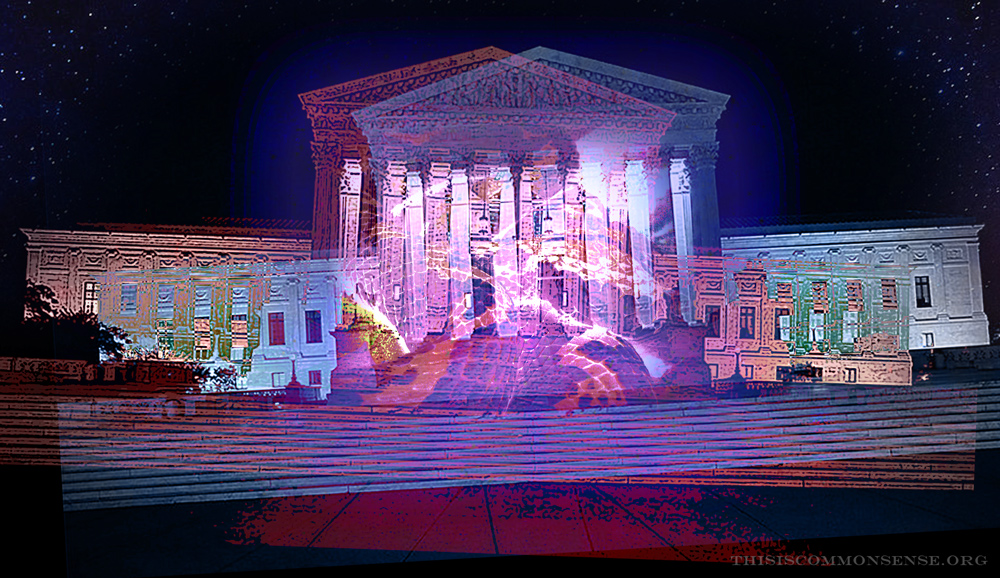“This is a hill they’re willing to die on,” Sen. Marsha Blackburn (R‑Tenn.) told a Fox News audience. The senator was dumbfounded by the Democrats’ support for returning Abrego Garcia, the man deported from Maryland to an El Salvadorean prison.
Former Trump campaign manager and advisor Kelly Anne Conway, substituting for regular host Sean Hannity, opened the program by showing a picture she explained was “Maryland Senator Chris Van Hollen staring affectionally into the eyes of admitted illegal immigrant and accused serial wife abuser and human trafficker with suspected gang ties, who was recently deported to his home country.”
Others claim Garcia is “a loving father and husband,” who “has never been charged with or convicted of a crime in the United States.”
But whether a dangerous criminal or an innocent, hard-working family man, Garcia’s status is hardly the issue. This is about whether our government must follow its written Constitution.
In court filings, the Department of Justice acknowledged that Garcia’s deportation was an “oversight” and “an administrative error,” as it violated a previous court order not to send him back to El Salvador.
A unanimous Supreme Court clarified that the administration is required “to ‘facilitate’ Abrego Garcia’s release from custody in El Salvador and to ensure that his case is handled as it would have been had he not been improperly sent to El Salvador.”
My question is: Why are Trump and Republicans willing to die on this hill?
It could kill their future political chances.
I believe in due process, and I vote.
This is Common Sense. I’m Paul Jacob.
Illustration created with Krea and Firefly
See all recent commentary
(simplified and organized)
See recent popular posts










